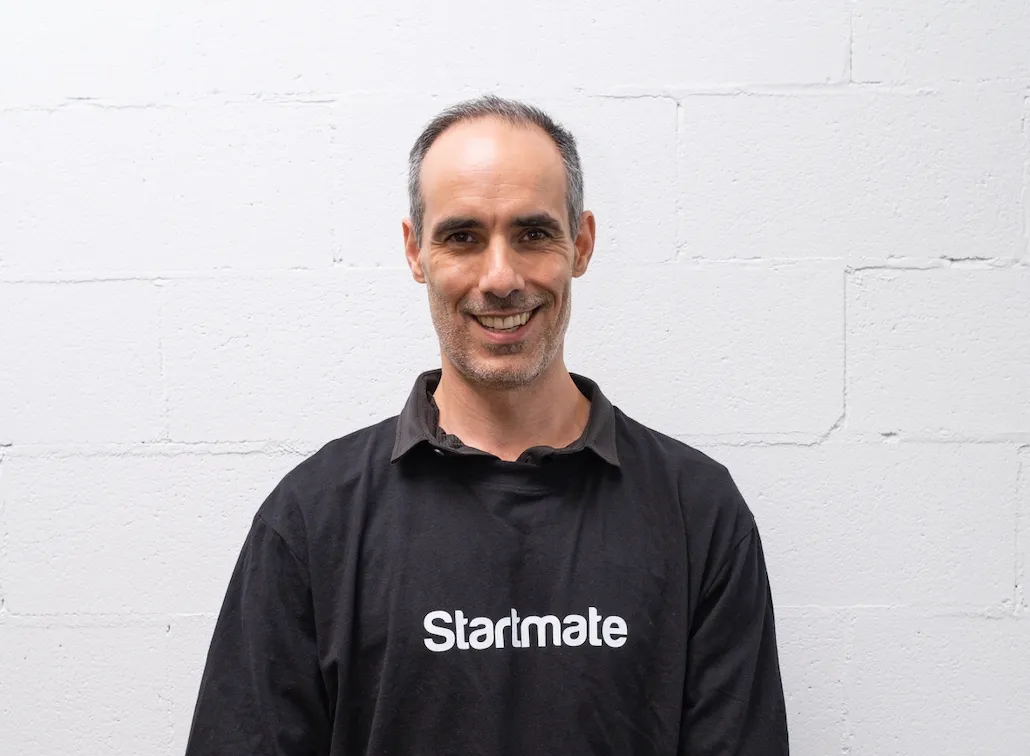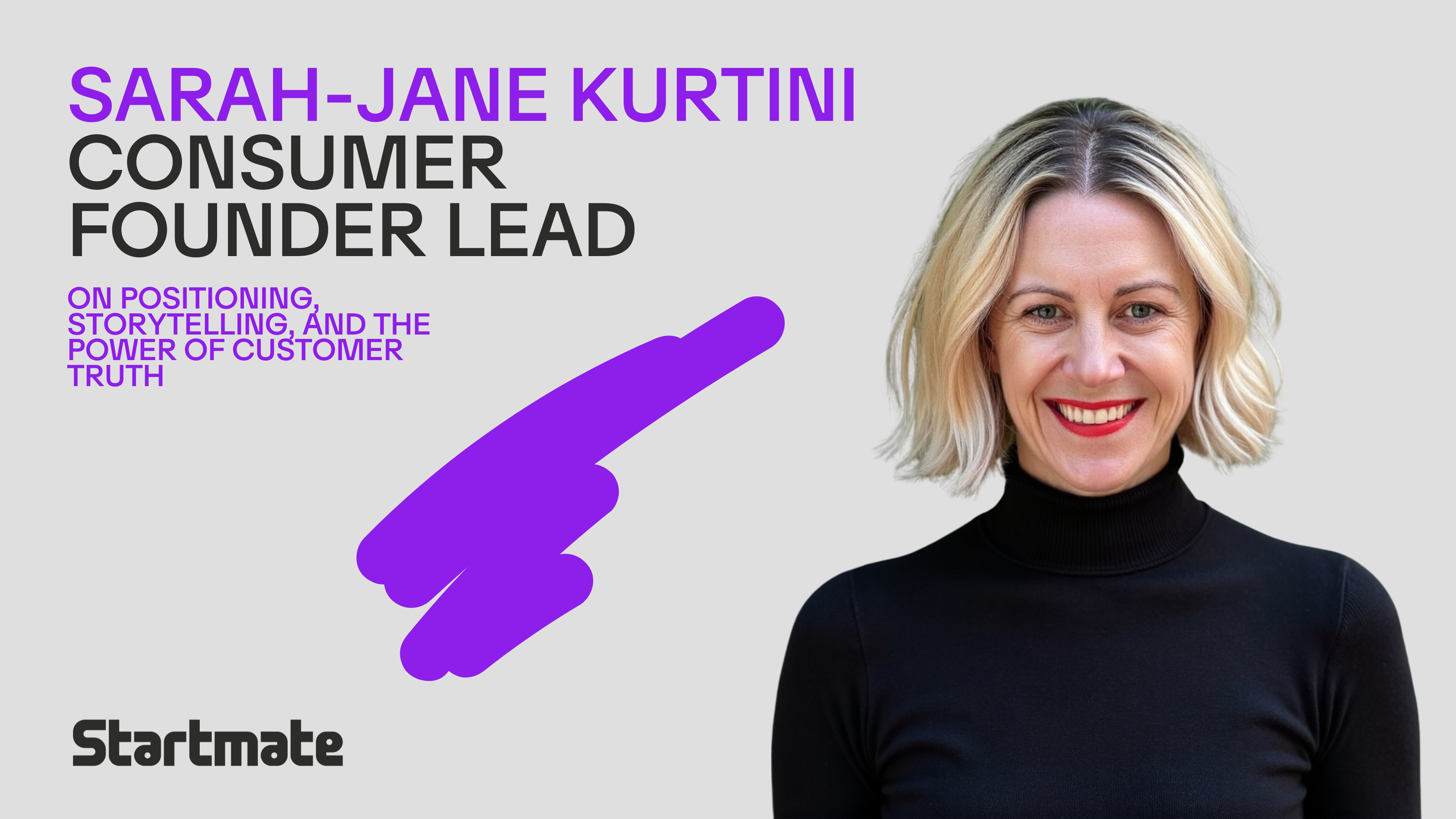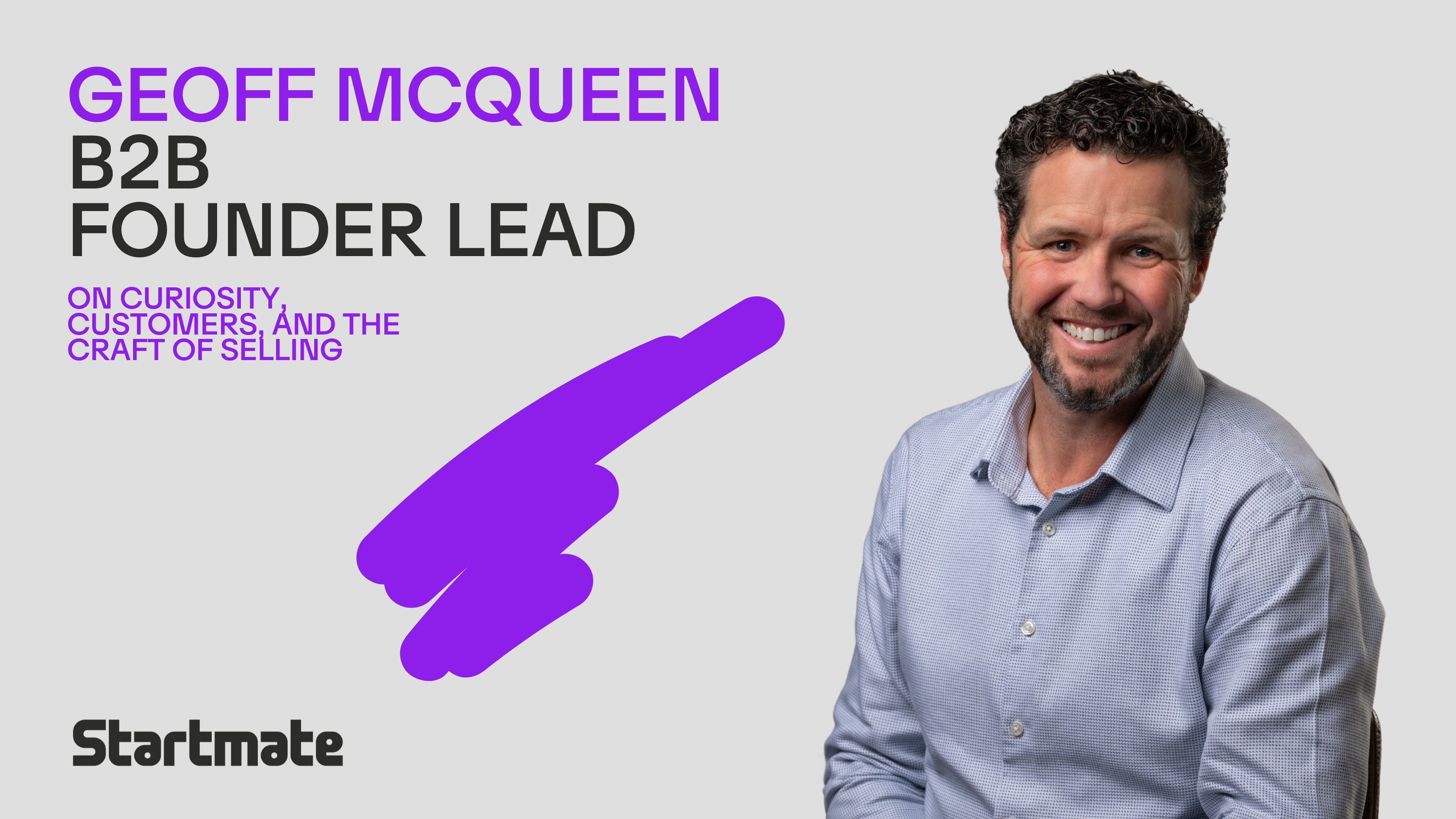Like so many of the world’s great tech companies, Reactory’s story starts in a garage.
In the midst of the COVID-19 pandemic, while others were making their own kombucha and sourdough, Mark Eltom bought a still, and started making and maturing booze. A few lockdowns in, he was getting pretty good at it.
Mark is a serial entrepreneur with more than 15 years’ experience in the alcohol sector and two startups already under his belt. And while he didn’t necessarily set out to start a business this time, he realised that through tinkering in his Auckland garage, he’d stumbled across a global opportunity.
He’d figured out a way to mature spirits much more quickly than traditional methods, while maintaining the quality of the end product.
So he doubled down, launching Reactory with a vision to be “the best in the world at maturing spirits”, creating delicious tipples “within days instead of decades”.
Tech and taste-tests
Traditionally, spirits such as whiskey and rum are aged in wooden barrels over a matter of years. During that time, things like temperature, pressure and climate influence the chemical reactions inside the barrel, creating not only the unique flavour but the tone and character of the final drop.
In Reactory’s stainless steel reactors, temperature and pressure can be carefully controlled in order to age the spirit quickly and precisely.
Small amounts of particular woods are also added to the batch to achieve those classic ‘barrely’ notes.
“We control the parameters and pull the levers so we can make a lightly aged spirit or a slightly matured spirit,” Mark explains.
“No matter what we make, we get out in front of people for blind tastings, to ensure we do not compromise on flavour or quality of that product.”
These blind taste tests pitch Reactory’s spirits against leaders in the market, asking drinkers what they taste, how much they would expect to pay and – crucially – how long they think the product has been aged.
According to Mark, taste-testers generally rate Reactory’s whiskeys on the more mature and flavourful end of the spectrum.
When compared to a leading, top-shelf Australian single malt, aged over four to six years, he says more than 80% of testers prefer the Reactory whiskey, aged over a mere six weeks.
Shaking up spirits
Reactory does sell its own bourbon, single malt and gin direct-to-consumer, but the big opportunity is in B2B, Mark explains.
In the spirits industry, the cost of production is increasing. Barrels are becoming harder to source, shipping is becoming more difficult, and the cost of labour is high. All of this is squeezing margins.
Reactory could allow distillers to produce high volumes of liquor fast, helping boost their profits. According to Mark, the tech also reduces the environmental impact of bottling booze.
The traditional ageing process uses huge amounts of wood that isn’t being replanted quickly enough, he says. It also generates a significant amount of Co2 and uses a lot of fresh water.
Soon, Mark plans to publicly share more about Reactory’s environmental credentials, “and lay that gauntlet down” to alcohol producers.
“I think that’s just going to strengthen our company and the brand more,” he says.
Challenging the narrative
Mark’s background is mainly in wine, although he has dabbled in R&D in spirits in the past, and he also has a degree in chemistry and a PhD in grape growing and winemaking.
When it comes to the booze side of things, it’s safe to say he knows what he’s doing.
He admits, though, that this is also a very engineering-heavy company, and that that is not where his expertise lies.
“We have a lot of contractors and advisors who help with those super technical aspects.”
But the challenges for Mark go way beyond the ‘how’, into the very heart of the business.
New Zealand is peak ‘New World’ wine country – historically a frontier when it comes to innovation and deviation from tradition.
“Being in New Zealand, and this part of the world, gives you an almost inherited licence to be innovative, and to do what you want,” the founder explains.
“You don’t have to apologise for improving a process.”
However not everyone in the liquor sector has been welcoming of this particular innovation – especially in the whiskey space, where connoisseurs are passionate about not only what they’re drinking, but the story, prestige and provenance behind it.
In one instance, Mark says he connected with the owner of a distillery that makes a brand of whiskey he personally loves. He had hoped to work together, but the owner quickly put an end to that conversation, saying his business would never age whiskey in this way, and that it would devalue the drink.
“I was so gutted,” Mark recalls.
“We got into this huge argument about what consumers actually care about.
“My argument is consumers care about flavour – they want something to taste good at a good price point that has a cool story.”
For Mark, the story behind a drink doesn’t have to be about decades spent in cellars or the particular scent of a barrel. It can be a story of technology and disruption in an industry that hasn’t been disrupted in a long, long time.
“Once we engage with people in our tastings and at liquor stores and bars, you can see people buy into the story and the passion behind what we’re doing,” Mark says.
Chain reactions
Mark has now secured some funding, and is in the process of launching proof-of-concept trials, including with “two of the largest alcohol producers in the world”.
“That will scale what we’re doing from hundreds to hundreds-of-thousands of litres at a time.”
Within five years, Mark hopes to see Reactory-aged liquors in drinks cabinets all over the world.
“I’ll be pretty stoked when I can ask anybody in any continent what they’re drinking, and say our technology has been used in that process.”
Eventually, he doesn’t think producers will have much of a choice. The challenges in this sector are not going away, meaning margins will either become too tight to manage, or drinks will become prohibitively expensive for average consumers.
“We’re making the technology now that will need to be used in 20 years’ time,” Mark says.






.png)

